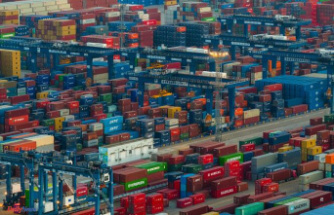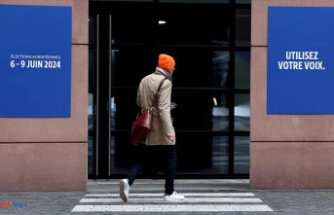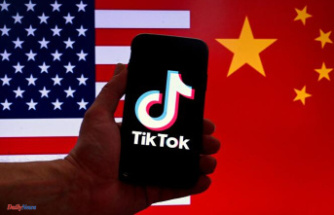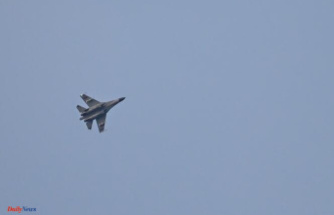Russia is looking to buy out Shell's 27.5% share in a major oil-and-gas project.
On Thursday, Russian President Vladimir Putin signed an order to assume responsibility for the Sakhalin-2 Project.
As the economic fallout from the Ukraine war continues, Shell, Japan's Mitsui, and Mitsubishi could be forced to sell their investments.
Shell, the oil giant, stated that it was aware of the decree and is evaluating its implications.
According to the decree, a new company would assume all rights and obligations for Sakhalin Energy Investment.
Shell stated in February that it would be selling its Russian investments because of the conflict in Ukraine. This includes the Sakhalin 2 facility, which is located in Russia's far East.
It stated in April that it would need a PS3.8bn to leave Russia.
Gazprom is half-owner and operator of the project, which supplies approximately 4% of the current world liquefied natural gases (LNG).
Gazprom will retain its stake. However, other shareholders must request a share in the new company from the Russian government within one month.
The government will decide if they want to keep the stake.
According to previous reports from The Daily Telegraph, Reuters, Shell is in negotiations with potential buyers for its stake, which includes some from India and China.
Ben van Beurden, the chief executive of Shell, stated Wednesday that Shell was making "good progress" with its exit plan for the joint venture.
He said, "I can't tell you where exactly we are, it's a business process, so I have to keep confidentiality. But I can tell that I received an update last week, and I was really happy with where we were."
This seems to be a deeply political decision. Japan, which has been involved in the sanctions against Russia heavily, will feel the most adverse effects.
Three foreign companies own significant stakes in Sakhalin-2: Shell, Mitsui, and Mitsubishi.
Shell, however, has already written off its Russian assets and stated that it will leave the country.
Japan is heavily dependent on imports for liquid natural gas.
Global competition is fierce for shipping - the Sakhalin project alone meets approximately 8% of its current needs.
Japan's concerns about Russia potentially taking over Japanese interests in the project will cause a queasy reaction in Tokyo, although ministers from the country insist that imports are not "immediately impossible".
Japan will need to source new supplies if Russian supplies are cut off to Japan. This will increase competition for supplies.
This could lead to an increase in global prices at a time where rising energy costs are fuelling inflation.
This five-page decree comes amid Western sanctions against Moscow for the invasion of Ukraine. It states that the Kremlin can decide whether foreign shareholders should remain in the consortium.
Japan previously stated that it would not relinquish its interest in Sakhalin-2, an important project for its energy security.
On Friday, shares in Mitsubishi and Mitsui fell 6% due to concerns about losses. The wider Nikkei index dropped 1.9%.
Mitsubishi spokeswoman said that the company was in talks with Sakhalin Energy partners and the Japanese government to determine how to respond to Putin’s order.
Although Mitsui didn't immediately respond to a BBC request for comment, he told Nikkei Asia that he was "in the process" of verifying the facts.
Mitsui holds a 12.5% share in the project, and Mitsubishi 10%. Shell, however, has 27.5% of the project, plus one share. Gazprom, a Russian gas giant, has 50% plus one share.
According to Shell, the top three customers for oil and LNG exports are China, South Korea, and Japan.
Seiji Kihara, Japan's deputy chief cabinet secretary, said that the government of Japan was reviewing the decree's contents to determine Moscow's intentions.
He stated that "generally speaking, our country should not be hurt" in a regular news conference. He declined to comment on whether Japan had been in touch with Moscow regarding the matter.
Koichi Hagiuda, Japanese minister of industry, stated that the government didn't consider the decree to be a requisition.
He said that the decree did not make Japan's LNG imports impossible immediately, but that it was necessary to prepare for any unforeseen circumstances.
Saul Kavonic from Credit Suisse's Integrated Energy and Resources Research said that Russian LNG production from Sakhalin-2 projects was likely to decline over time due to a lack of foreign expertise and parts.
He stated, "This will tighten LNG market materially in this decade."
He stated that any increase in Russian government involvement will only make it more difficult for buyers to procure these projects.
He said that Japan was looking for alternative sources of supply urgently.












